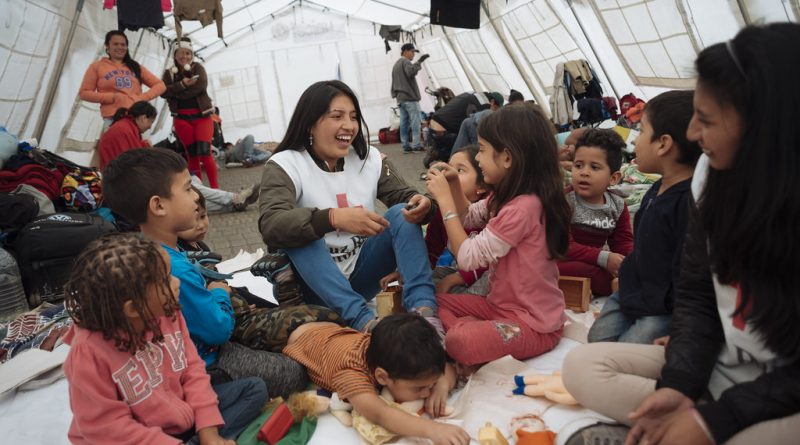The Financial Journey of Refugees: Evidence from Greece, Jordan, and Turkey
A full report, executive summary, and a compendium of field notes, by Kim Wilson and Roxanne Krystalli. The Financial Journeys of Refugees investigates what money and financial transactions can reveal about the journeys and experiences of forced migration. We examine money as a key node of the displacement experience: fueling transactions among formal and informal actors along the way; determining livelihood options; shaping or restructuring kinship networks; and coloring risks, vulnerabilities, or protective forces available to refugees. Our inquiry highlights these transactions and the power dynamics that unfold among refugees as well as between refugees and formal or informal authorities.
Read More

